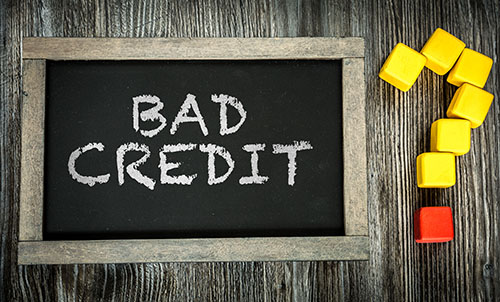A Comprehensive Home Maintenance Checklist For The Homeowner
 There are many people who purchase a home with a target monthly payment in mind. This monthly payment usually includes major expenses such as the monthly mortgage payment, real estate taxes, and homeowners’ insurance. At the same time, there are other costs as well, such as home repairs and maintenance.
There are many people who purchase a home with a target monthly payment in mind. This monthly payment usually includes major expenses such as the monthly mortgage payment, real estate taxes, and homeowners’ insurance. At the same time, there are other costs as well, such as home repairs and maintenance.
In general, homeowners should budget between one and three percent of the home’s value every year to cover typical maintenance and repairs. This does not include renovation expenses, which might require additional funding. What are a few examples of maintenance expenses homeowners need to consider?
Monthly Home Maintenance Tasks
There are a few straightforward tasks that homeowners need to do every month. These maintenance tasks can help homeowners prevent larger bills down the road. A few examples include checking the filters on the HVAC system, looking for leaks that might be present around sinks and toilets, and taking a look at the filter in the kitchen vent hood. Homeowners also need to make sure their smoke and carbon monoxide filters are working properly. Finally, go for a walk around the outside of the house to look for any cracks in the foundation.
Winter Maintenance Tasks
There are a few maintenance tasks that need to take place during the winter as well. Homeowners in the colder climates need to watch for the buildup of ice dams on the roof, which could trap snow as it melts. Homeowners should also inspect the home for any drafts under the doors or windows, which could drive up heating bills. Finally, depending on where your home is located you may need to cover the air conditioning units to protect them against snow and ice.
Spring Checklist Tasks
While winter can be tough on a home, there are several maintenance tasks that should be done during the spring as well. It is important to order an HVAC inspection during the spring to make sure it is working properly. The roof should also be inspected by a professional for any signs of issues. Sometimes, the gutters can be clogged by leaves and ice buildup, which should be addressed before spring storms arise. Finally, make sure the doors and windows are sealed as well.
Following these spring maintenance tasks can reduce the risk of repairs down the road.

 Obtaining a mortgage can be quite a complicated process even without the financial hurdles, but if your spouse’s credit has experienced a number of difficulties, acquiring a mortgage can be even more of a burden. If you’re concerned about what bad credit will mean for your mortgage and are weighing your options, here are some reasons why it might be important to use a co-signer for your application.
Obtaining a mortgage can be quite a complicated process even without the financial hurdles, but if your spouse’s credit has experienced a number of difficulties, acquiring a mortgage can be even more of a burden. If you’re concerned about what bad credit will mean for your mortgage and are weighing your options, here are some reasons why it might be important to use a co-signer for your application. In the current economy, there are a lot of millennials who are thinking about buying a home; however, the price of homes is rising quickly. It can be challenging for millennials to save the money they need to buy a home. When this is combined with other monthly expenses they have, millennials might be financially unprepared to buy a home.
In the current economy, there are a lot of millennials who are thinking about buying a home; however, the price of homes is rising quickly. It can be challenging for millennials to save the money they need to buy a home. When this is combined with other monthly expenses they have, millennials might be financially unprepared to buy a home.